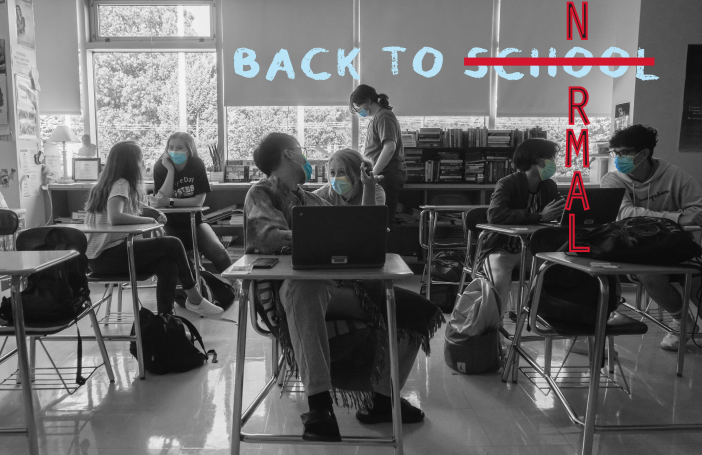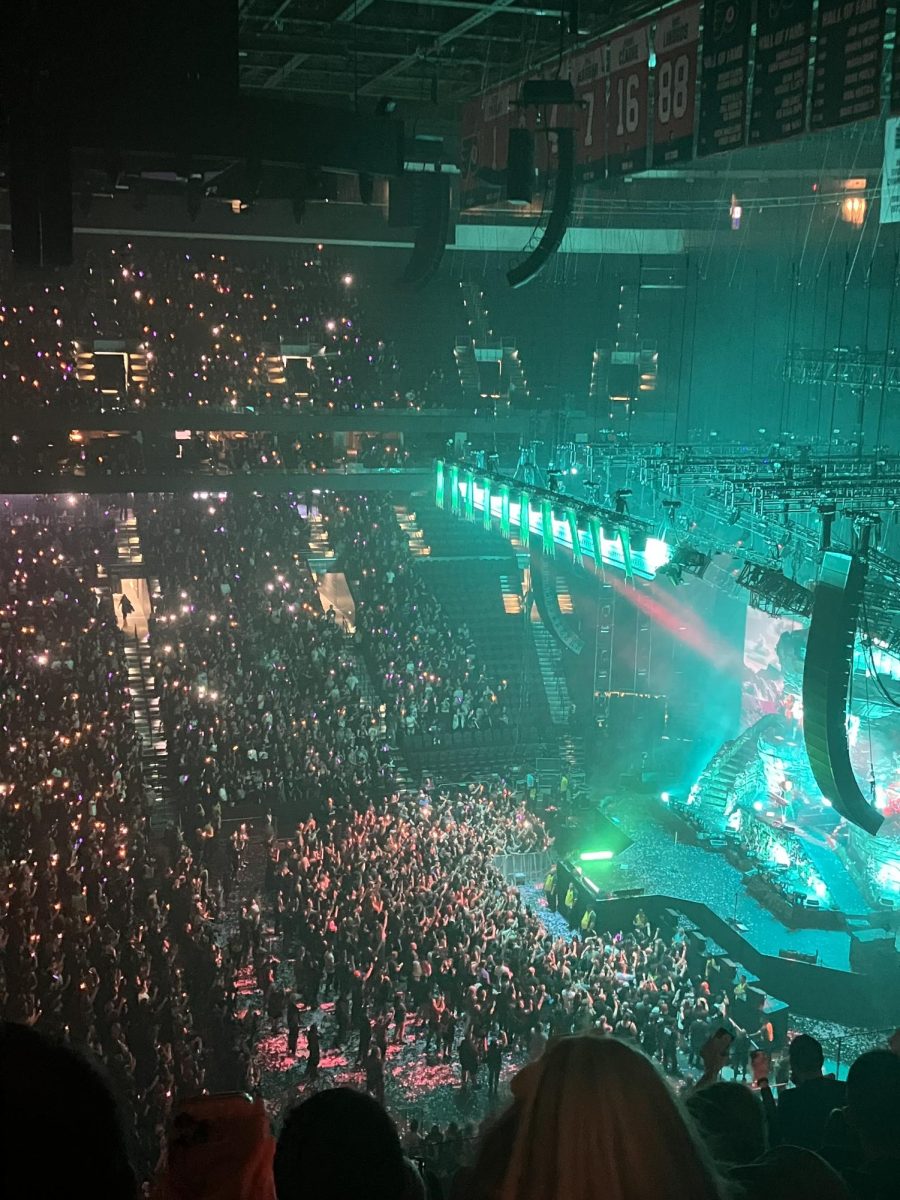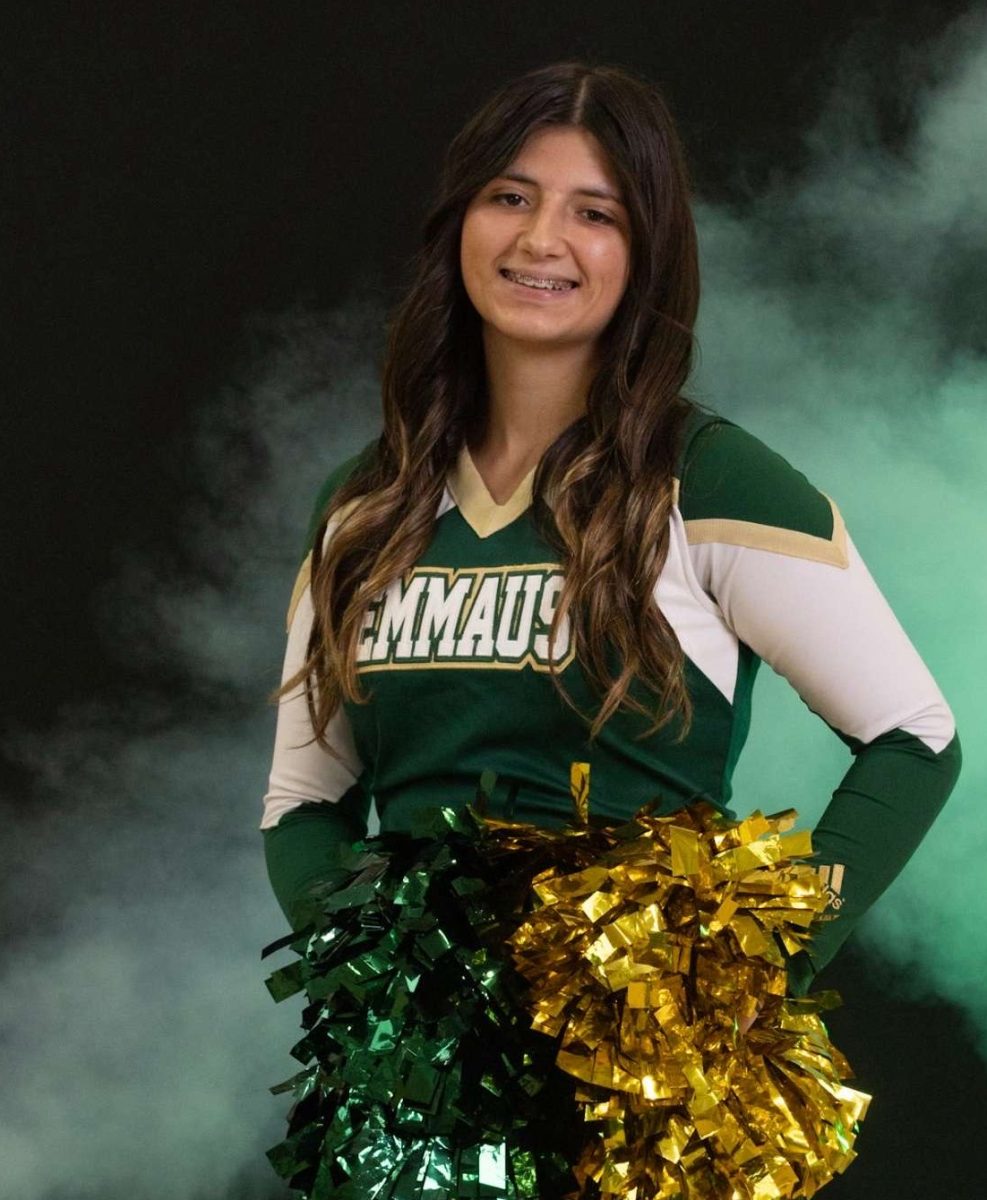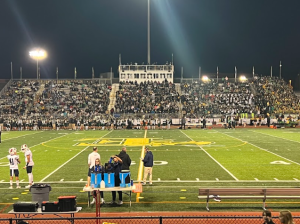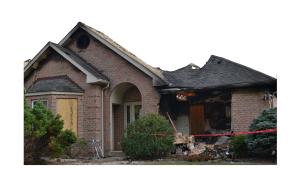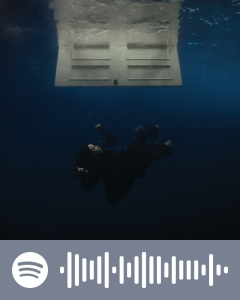Uncertainty in the face of the new school year
Oct 10, 2021
This previously ran in our September 2021 print issue.
The question “how old am I again?” rings through the heads of students more than the ring of the warning bell.
Almost two years later, the hallways sound the same; rustling backpacks, squeaky sneakers, and hustled footsteps make up the ambient noise of Emmaus High School. The world is coming back to a state that resembles normalcy, yet it seems as if the majority tries to block out the chaos of the last year and a half.
Dr. Kate Kieres, the principal at Emmaus, acknowledged the trepidation many students feel about the new school environment and what the staff is doing to mitigate this anxiety.
“The idea was, we need to treat everyone like they are new to school,” Kieres said. “The importance of relationships” is high on the to-do list for teachers this year.
It’s a goal to which many can look forward.
Madison Shelton, a junior, addressed the attitude of many, but specifically teachers and students on the topic of life post-pandemic.
“I feel like a lot of people are just trying to ignore it and ignore the fact that it ever happened when it did happen,” Shelton said, “and it’s very real, and it is still very real because it is not over.”
For some students, including junior Wesley Gil, the idea of being back in the halls of the high school has been a pleasant and much-needed change in scenery. “It feels great, seeing my friends every day.”
While this attitude toward person-to-person interaction is shared between many students, the majority have expressed some form of anxiety at the mention of coming back to an in-person learning environment.
“I feel like the teachers are still expecting us to do the same amount of work we would have if we were in that same flow two years ago,” Gil said.
Dr. Kieres addressed Gil’s concern saying, “We recognize that students have gaps in their learning from last year.”
In order to help accommodate these learning gaps, the midterm and final exams have been altered to count as just a test grade during the second and fourth marking periods. This allows the teachers to spend more time teaching what students need help with and not just rushing to teach for the exams.
Senior Morgan Suppes shares similar feelings about being back in the building.
“I think it is hard getting back to the rhythm of being in-person,” Suppes said. For many students, this is the first real taste of a high school environment. The majority of upperclassmen feel just as flustered as freshmen and sophomores navigating the workload alone, not to mention the hallways and room numbers.
The fear of losing the past two years is prominent for many students, including junior Aivan Delgado.
“It is going to be stressful, regaining two years,” Delgado said.
Understandably so, as of now, the junior class has yet to take a single final exam and has not attended a “last-day of school” since 8th grade. Yet another junior, Jasmine Tiedeman, referred to high school as, “unfamiliar still.”
Some students say they need to hear their teachers share the same feelings of uncertainty and angst that they still feel. It can often be unsettling to be surrounded by people who act as though there are no problems in the world, especially when there clearly are.
Bridget Doklan, who teaches AP, CP, and GP English, shares the same feelings her students have.
“It feels strange to be back, it feels so different, it feels like it has been a long time since we have been in this environment,” Doklan said. She also pointed out the variety of skills that students have brought back to school with them after the long break. “Many students have learned to be more flexible, more adaptable… I think students were in a position where they had to be more independent, and more self-directed.”
Both good and bad, we have to accept that, as Suppes said, “things are different now.”
As the Center for Disease Control recommends, schools need to promote environments that welcome all students and foster feelings of connectedness as students face the real truths during this harsh transition back to reality.
“People are not really focusing on it, and I think they need to,” Shelton said.
In the future, it will be interesting to study the effects this break has had on learning habits and mental health of students across the board. Students seem to be asking for the same thing: their teacher’s honesty. Students say it is important they aren’t made to feel ashamed of fear, anxiety, or uncertainty in the face of these challenging times.
“We have all suffered a collective trauma,” said Suppes, and it is time we dealt with it head-on.


